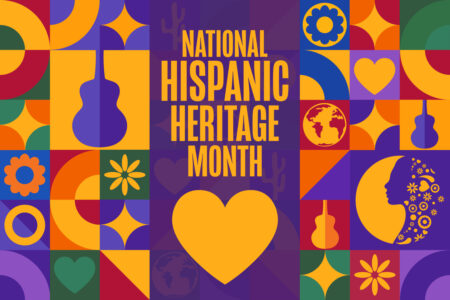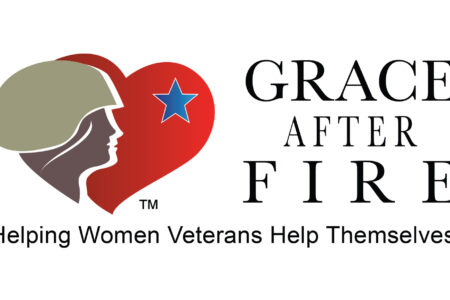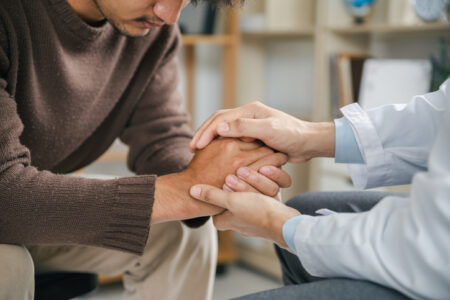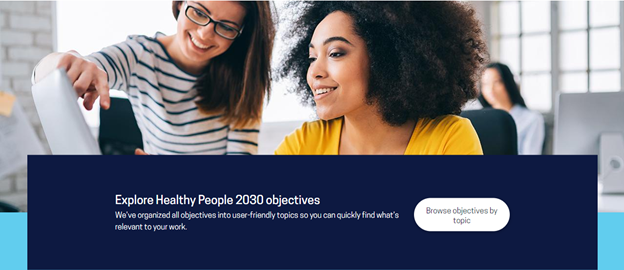
Share On Social!
For the first time, the Healthy People 2030 guidelines have added four objectives on adverse childhood experiences (ACEs), a step to recognize the systemic impact of childhood trauma on health.
ACEs, such as abuse and poverty, are a public health crisis.
None of the past Healthy People editions ─ 1990, 2000, 2010, 2020 ─ had an objective to address ACEs as part of its national guidance to promote health and prevent disease.
Now there are four objectives!
This is a huge win for the 2,214 Salud America! network members who emailed public comments and other child development and public health professionals who submitted nearly 3,000 additional comments to add ACEs-related objectives.
“I was surprised to learn ‘adverse childhood experiences (ACEs)’ and ‘childhood trauma’ are found 0 times in 63 pages of proposed objectives for Healthy People 2030,” the model comment read. “Decades of evidence confirms that exposure to ACEs increases the risks of delayed cognitive development, mental health problems, and chronic health diseases, especially among Latino and other minority populations… I strongly urge you to include objectives addressing ACEs and trauma-informed care services in Healthy People 2030.”
The Four New Childhood Trauma Objectives in Healthy People 2030
Every decade, the U.S. Department of Health and Human Services (HHS) updates its Healthy People guidelines to set objectives to improve health and reduce disease over the next 10 years.
The initiative identified 15 topics and 226 objectives in Healthy People 1990.
Now, Healthy People 2030 identified 510 objectives: 355 core objectives, 115 developmental objectives that need more supportive data, and 40 research objectives that need more study and intervention.
This is the first time that social determinants of health is listed as a key area, with 78 core objectives.
“Healthy People 2030 plans to continue … to address key social determinants of health, like economic stability, educational access and quality, access to care and quality of care, neighborhood, and the social and community context outlined in Healthy People 2020,” according to Sara Heath of Patient Engagement. “In addition to that, Healthy People 2030 zeroes in on health disparities and the health inequities that cause them.”
ACEs and childhood trauma did not reach “core objective” status in Healthy People 2030, due to limited baseline data and the need for additional data points.
But four items were included in developmental and research objectives:
- IVP-D03: Reduce the number of young adults who report 3 or more adverse childhood experiences.
- AH-D01: Increase the proportion of trauma-informed early childcare settings and elementary and secondary schools.
- AH-D02: Increase the proportion of children and adolescents with symptoms of trauma who get treatment.
- EMC-D07: Increase the proportion of children and adolescents who show resilience to challenges and stress.
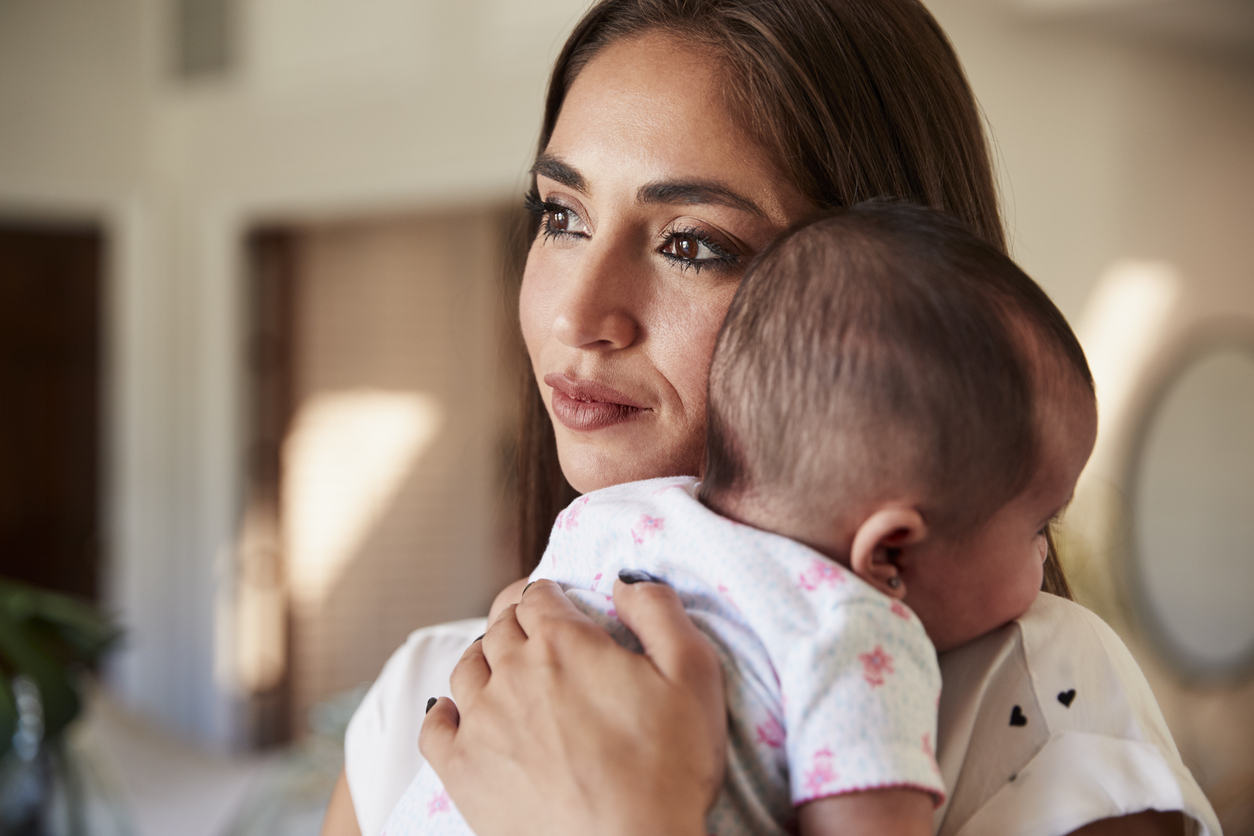 Once baseline data are available for the first four developmental objectives on childhood trauma, they may elevate to become core objectives in Healthy People 2040.
Once baseline data are available for the first four developmental objectives on childhood trauma, they may elevate to become core objectives in Healthy People 2040.
Additionally, the following research objective is relevant to addressing childhood trauma in schools: Increase the proportion of public schools with a counselor, social worker, and psychologist (AH-R09).
If both baseline data and evidence-based interventions become available, this research objective may become a core objective.
Recap of the HP2030 Public Comment Process
It took people speaking up to make sure Healthy People 2030 had even a single objective on ACEs.
The development of Healthy People 2030 took years with input from:
- members of the public
- public and private organizations
- the Secretary’s Advisory Committee on National Health Promotion and Disease Prevention Objectives for 2030, an independent federal advisory committee with subject matter experts
- a diverse group of federal and nonfederal subject matter experts
- federal agencies
In 2019, HHS released the proposed objectives for HP2030.
The proposal, however, left out ACEs, childhood trauma, and toxic stress altogether. Latinos face more ACEs and childhood trauma than their white peers, according to a Salud America! research review.
With help from Dr. Colleen Bridger, former director of the San Antonio Metropolitan Health District, and Dr. Joe Hendershott, founder and CEO of Hope 4 the Wounded Student, our team at Salud America! crafted three model public comments urging HHS to address childhood trauma and adverse childhood experiences in the proposed objectives for HP2030.
In December 2018 and January 2019, Salud America! network members emailed more than 2,000 public comments, contributing nearly half of the 5,000 comments submitted.
“As a result of public comment, revisions were proposed by subject matter experts and reviewed and approved by the HP2030 Federal Interagency Workgroup (FIW),” according to meeting minutes from the June 26, 2019 meeting of the Secretary’s Advisory Committee on National Health Promotion and Disease Prevention Objectives for 2030.
In August 2020, HHS launched Healthy People 2030.
We were excited to share the news that four of its 510 objectives now focus on elements of childhood trauma and ACEs, but had been waiting for HHS to fulfill our Freedom of Information Act (FOIA) request seeking the public comments and specific information regarding how FIW integrated the public comments. However, given a longer than expected completion date for this FOIA, we are sharing the news now.
Learn more about why it is so important to address adverse childhood experiences.
Take these five actions today!
“Toxic stress is endangering the current and future health of our society,” said Dr. Amelie Ramirez, director of Salud America! at UT Health San Antonio. “Amid the mental, physical, and economic toll of the COVID-19 pandemic, there is even greater need to prevent the risk factors for toxic stress, which are severe, intense, or prolonged stress, trauma, or adverse childhood experiences (ACEs) like physical, sexual, and emotional abuse.”
Explore More:
ACESBy The Numbers
28
percent
of Latino kids suffer four or more adverse childhood experiences (ACES).

